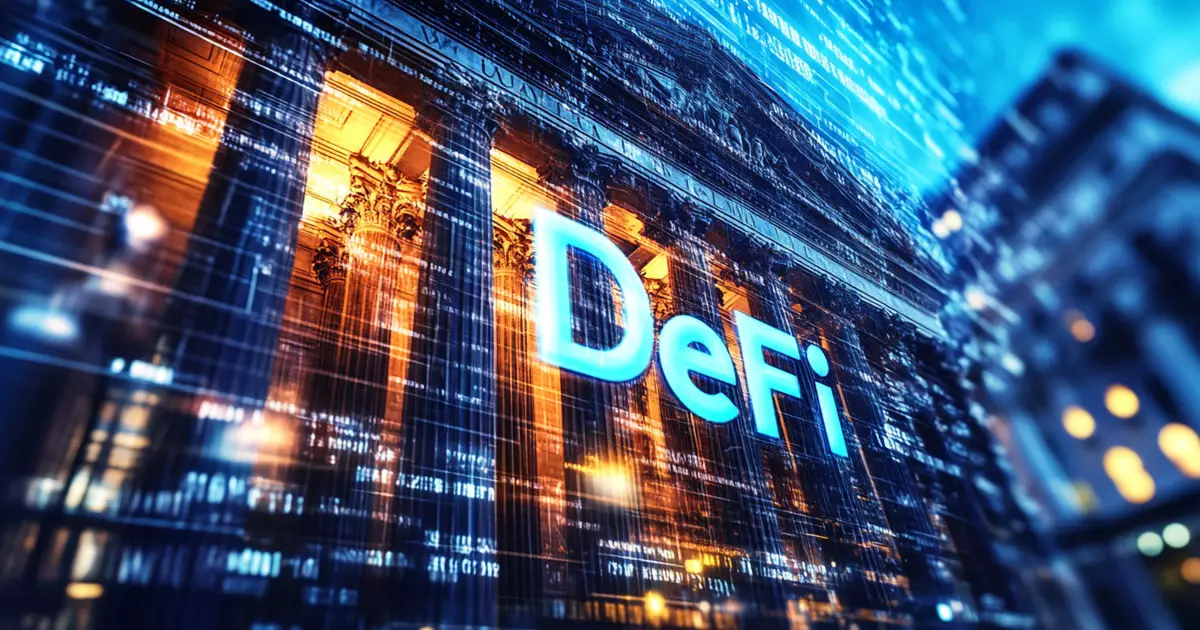The growing complexity of decentralized finance (DeFi) has led to a critical examination of regulatory frameworks governing technology and user responsibility. Recently, the DeFi Education Fund, a prominent crypto advocacy group, expressed concern regarding the approach taken by the U.S. Department of Justice (DOJ). They argue that the current interpretation of liability fails to acknowledge the unique nature of DeFi protocols and the role of developers within this ecosystem. Much like car manufacturers are not accountable for a driver’s actions, software developers should not be held responsible for how their code is used once it is in the hands of users. This analogy is drawn to emphasize the need for a more nuanced understanding of liability—where the distinction between creator and user is clearly defined.
The Risks of Misplaced Accountability
In their argument, the DeFi Education Fund highlights the dangers of implicating developers under laws such as Section 1960 of the Bank Secrecy Act. They caution that this could set a precedent that places undue burdens on innovators, potentially stifling the creative impulses vital to the burgeoning DeFi landscape. By attributing responsibility to developers for user-driven actions, regulators risk creating a chilling effect, where individuals are discouraged from contributing to technological advancement for fear of unexpected legal repercussions.
The authors stress that conflating the roles of creators and operators may backfire—resulting in a regulatory framework that hinders growth instead of facilitating it. They draw attention to current legal confrontations, such as the case against Tornado Cash developer Roman Storm. This case serves as a stark example of how prosecuting developers could lead to broader implications for the entire crypto industry by widening the scope of legal accountability.
Centralized Versus Decentralized: A Critical Distinction
One of the key points made by the DeFi Education Fund is the essential distinction between centralized exchanges and DeFi protocols. At centralized exchanges, users relinquish control over their assets, effectively enabling the platform to act as a financial intermediary subject to strict regulations. Conversely, in the DeFi world, users directly engage with protocols, retaining full control over their funds without third-party involvement. This contrast is crucial for regulatory clarity and underscores the need for an updated legal interpretation that acknowledges this difference.
The authors advocate for a re-evaluation of money transmission laws to account for the realities of custody and control in decentralized environments. They argue that clearer guidelines defining these parameters will not only aid in compliance but also foster a more innovation-friendly landscape.
As the DeFi sector continues to evolve, it is imperative for regulators to adapt their frameworks to meet the unique challenges posed by decentralized technologies. The DeFi Education Fund’s insights serve as a vital reminder of the importance of distinguishing between creators and users in this rapidly changing environment. Without proper legal distinctions, the risk of hindering innovation grows ever larger. Emphasizing the need for clearer regulations may help reduce uncertainty and bolster responsible innovation, ensuring that the industry can thrive without the looming fear of excessive liability.
















